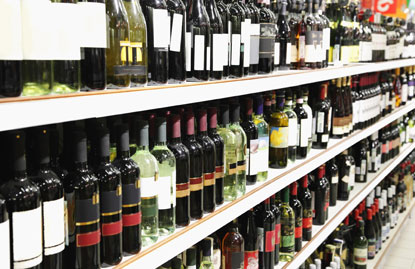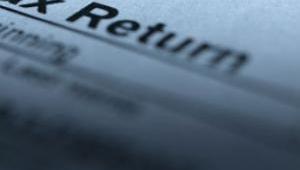Revenue & Customs has today been urged to step up efforts to tackle alcohol duty evasion after it admitted losing an estimated £1.2bn in unpaid tax.
 Its
current strategy for countering alcohol duty fraud, launched in April 2010, has
had ‘no tangible success’ in reducing the volume of illegal sales, according to
a
report by the National Audit Office.
Its
current strategy for countering alcohol duty fraud, launched in April 2010, has
had ‘no tangible success’ in reducing the volume of illegal sales, according to
a
report by the National Audit Office.R&C estimates that alcohol duty evasion could be as much as £1.2bn in 2009/10. This is more than 10% of the £9bn total of alcohol duties paid to the Exchequer every year, and up from £850m lost in 2008/09.
For 2010/11, R&C recovered £433m of duty against its target of £390m – but it had ‘no success’ in reducing the volume of alcohol sold with evaded duty.
Public Accounts Committee chair Margaret Hodge said the report showed the evasion of duty was ‘only getting worse’, and called for R&C to do more to tackle it.
Most of the potential alcohol duty is lost in a fraud in which organised criminals legally move beer, wine and spirits from the UK to other European Union countries with excise duties unpaid. It is then diverted back into the UK for illegal sale with the duty still unpaid.
The report also found that ‘minimal progress’ had been made to secure the alcohol industry’s supply chains. These are weaknesses that are exploited by fraudsters, who store the alcohol in warehouses on the continent. It is then released into the EU market, and sold on to retailers or wholesalers without UK excise being paid.
Auditor general Amyas Morse said: ‘R&C has estimated that the evasion of alcohol duty could have cost the taxpayer over £1bn in 2009/10 – and the level of fraud is on the rise.
‘While the renewed strategy to deal with this is more comprehensive than what went before, and the department has had some early notable successes, it needs to do better in a number of areas. This includes establishing reliable estimates of the tax gaps for beer and wine; and achieving tangible success in tackling the illicit diversion of duty unpaid alcohol back into the UK market.’
Hodge added: ‘It is difficult to stop criminal activity, but R&C has not done enough to deter it through actively pursuing criminal sanctions against fraudsters. There are on average just six or fewer cases a year for alcohol duties fraud in which convictions are achieved. This must improve and R&C must get tougher on this type of fraud.’
However, a spokesman for the R&C said that it was the investigations into the organised criminals in the fraudulent market that was important not the specific number of cases.
He added that the strategy aimedto disrupt the illicit market for alcohol through the greater use of civil interventions and sanctions, underpinned by criminal investigations and prosecutions.
‘The NAO has accepted that the prosecutions mounted were successful in bringing fraudsters to justice. R&C continues to develop enhanced approaches to maximise the impact of the criminal investigations carried out.’





















